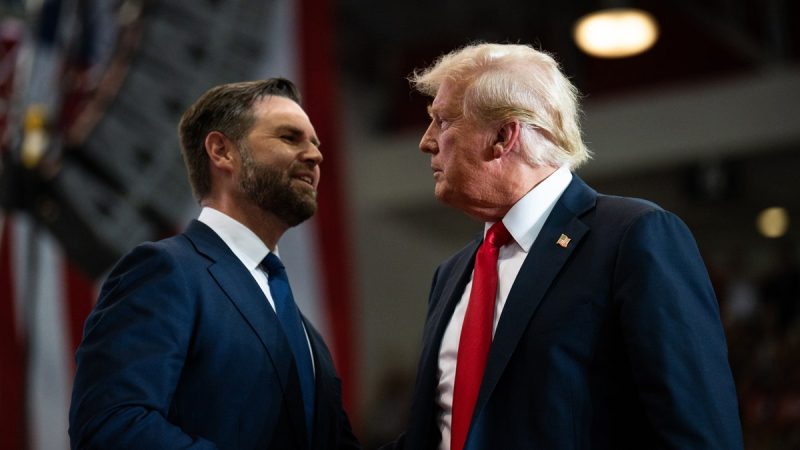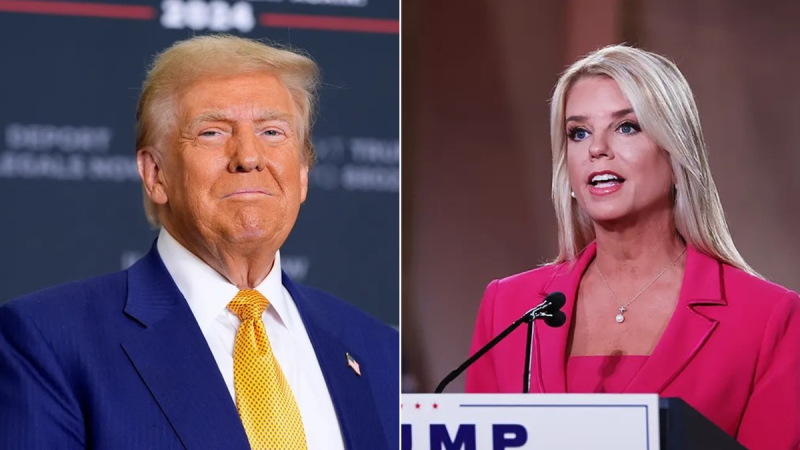Latest News
27-11-2024 11:31
0 Views
Experts Anticipate Legal Showdown Over Trump’s Controversial Deregulation Plans

The prevailing political landscape in the United States under the Trump presidency saw a dramatic paradigm shift in legislative policies and administrative regulations. A key aspect of this reformation was the aggressive deregulation, implemented to revamp an ostensibly cumbersome regulatory framework supposedly inhibiting economic growth. While these measures have pushed forth under the banner of stimulating business development, legal experts predict that it would be challenged by imminent legal obstacles, given questions regarding its reach on an administrative dimension.
Donald Trump during his tenure as President harbored an unmistakable disdain for what he perceived as excessive legislative control, serving to strangle businesses, impede innovation and limit economic expansion. Amidst this understanding, his administration established numerous deregulatory measures by restructuring existing policies and rolling back on prior regulations. This entailed the repeal of multiple administrative laws, which saw an upheaval in sectors such as environment, finance, health and safety. These were justified by the administration under the premise of making the country more business-friendly and thus stimulating economic growth. However, the extensive reach and the speedily implemented procedures beg a closer examination and is anticipated to face serious legal challenges.
Deregulation under the Trump administration did not come without vehement critics. Legal analysts and policy experts have contended that many of these alterations were implemented without due process. Critics argue that the dismantling of the regulatory framework undermines necessary standards and safeguards that protect public health, safety, and the environment. Moreover, broad deregulation may neglect the pertinent risks associated with certain operations, thereby compromising full-scale public protection. Therefore, it's plausible to expect that these actions may be subject to future litigation.
Furthermore, one cannot belittle the significance of administrative law in shaping federal policies, given its expansive reach. The Trump administration’s deregulatory push, though beneficial for businesses, has steadily eroded the administrative control that is paramount for maintaining a balance and protecting public interests. There has emerged reasonable ground for potential lawsuits challenging the administration's reinterpretation of longstanding statutes and dangerously broad view of executive power.
A pivotal concern amongst legal experts is the scope of executive power within deregulation. The Supreme Court's decision in Chevron U.S.A., Inc. v. Natural Resources Defense Council, Inc. affirmed the power of administrative agencies to interpret ambiguous statutes, a legal principle known as “Chevron deference.” The Trump administration frequently used this to interpret laws in a preferred manner, largely to water down regulatory standards. Legal experts believe that such stretched interpretation of the Chevron deference might lead to legal queries questioning the constitutional reach of this executive power.
Therefore, the legal community largely anticipates that the Trump administration's route to deregulation could unearth significant legal challenges. Many anticipate litigation to counter the reinterpretation of longstanding statutes, overextension of executive power, and infractions on the due process. The degree of these expected legal repercussions reflects the deviation of this path from established norms, thereby reinforcing the need for exhaustive scrutiny of policy shifts to safeguard public interests and fundamental legal principles.




